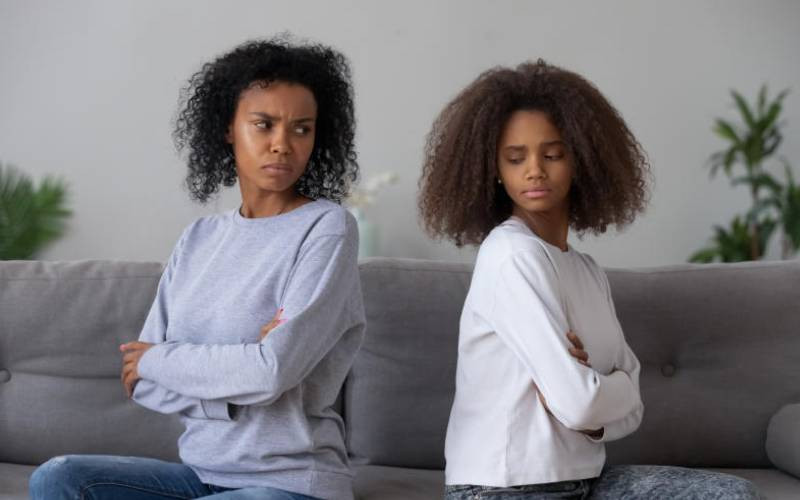×
The Standard e-Paper
Home To Bold Columnists

In a world that often idealises family bonds, a quiet and often invisible pain exists: the mother wound.
This isn't about the death of a loved one, but the profound emotional damage caused by a mother being absent, abusive, emotionally immature or unable to meet her child's basic needs.